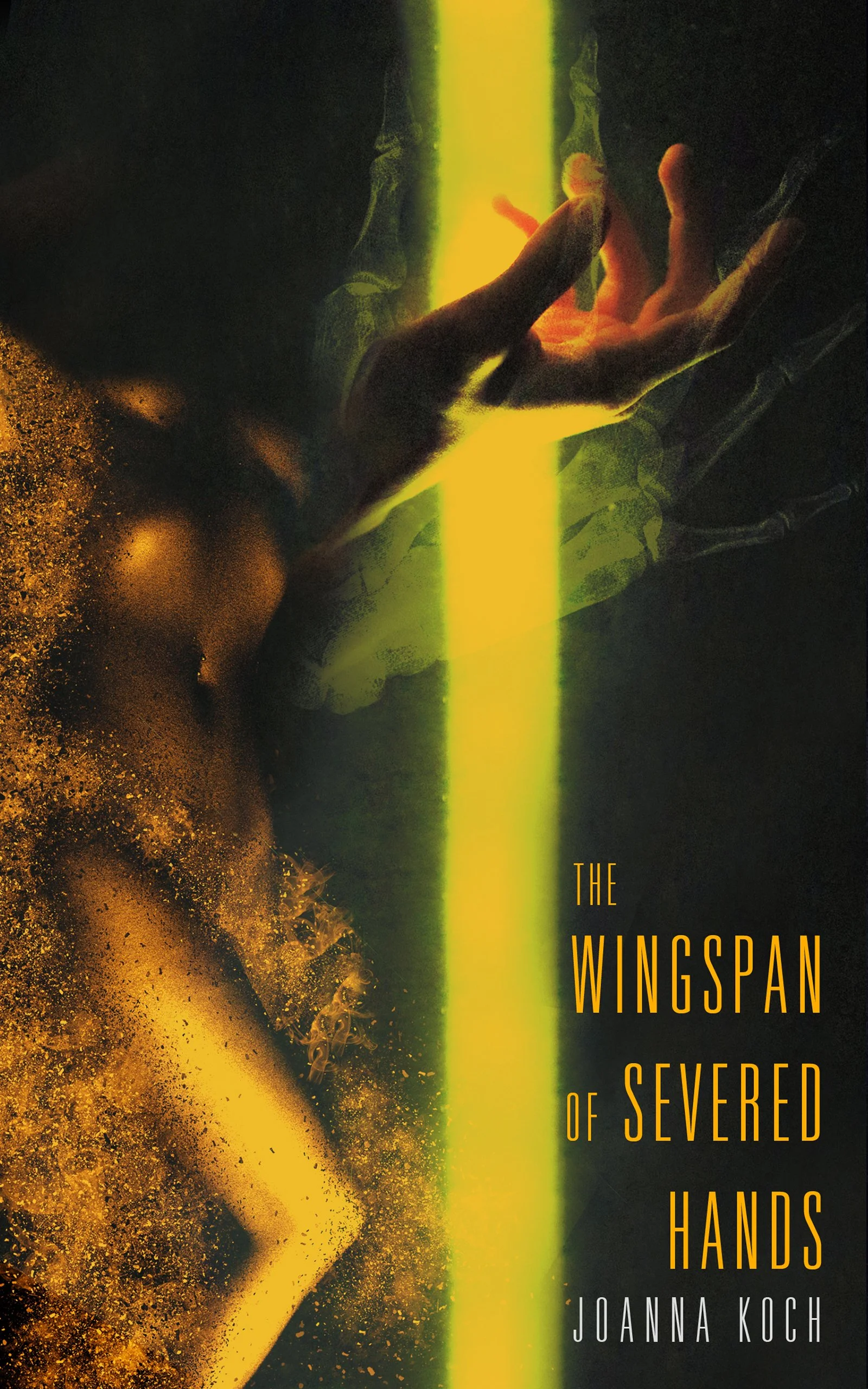Book Review : Charlene Elsby - Musos (2022)
Canadian author Charlene Elsby is one of a kind. She writes short, but aggressive first person novels that explore topics of identity, consciousness and whatever else happens to be on her mind. I have rarely (if not never) fell into other selves so completely and irrevocably before reading her work. Her latest novel Musos is perhaps her gloomiest and most uncompromising work to date, but you won’t ever be able to read it. This novel is about to self-destruct and you’ll need to read this review to know why.
The nameless narrator of Musos obsesses over a woman named Laura (what a wonderful sounding name, I know). It is unclear whether he’s killed her or not, but he’s been looking for her everywhere and in everyone. In an effort to situate Laura in his memory, the narrator embarks on a journey inside and outside of himself, on the brink of annihilation. Is Laura dead? Is he dead (or going to be soon)? The fabric of reality itself fractures in this novel and leaves place to the no man’s land of pure consciousness.
Dostoevsky and the weight of consciousness
Musos is not like any other novel you’ve ever read. There are many reasons for this, but it mostly doesn’t present itself like one. There is noting, but a face with a gaping hole on the cover. The pages are not numbered and the font keep switching size in order to match the intensity of the narrator’s stream-of-consciousness soliloquy. It looks and feels and reads like a typewritten diary you’ve just picked up from an old box in a dusty attic and I’m not even started with the content yet. It’s a total work of art. It has an inherent heaviness to it.
The first thing I had in mind when I started reading Musos is Notes from Underground, by Dostoevsky. It has the same disincarnate quality to it. The narrator is merely a voice going in and out of existence. His perception crumbles upon the weight of his own consciousness. Upon the weight of what he might or might not have done to Laura. Even when he emerges back into the world of the living, he comes across characters with a mythical quality to them. Who might be ushering him into another realm.
Of course, this is not for everyone. Charlene Elsby is an uncompromising writer who really likes to explore the darkest depths of the human psyche. Musos explores the weight of consciousness and memories when the past cannot remain the past and takes the present hostage. The narrator’s memories keep emerging and muddying his relationship to reality. He’s wandering on a dark, foggy path, pulled by his guilt on one side and his desire to be whole on the other and it feels oddly familiar.
Ditch Man Dandy and the Self
One part of Musos I found particularly destabilizing is the narrator’s encounter with a man he calls Ditch Man Dandy. Most likely a drifter who emerges from a place where you’re unlikely to meet anyone, Ditch Man Dandy is exterting influence upon our narrator. Inputing information in the void where his soul is and steering him into a direction of his liking. When the narrator questions him on Laura, Ditch Man Dandy becomes evasive and trying to deflect the conversation on the narrator’s own feelings.
I found it out be extremely powerful, because it portrayed how it is too easy to live: waiting for people to fill gaps in your life with meaning that is not your own. Pursuing someone else’s dream for a validation that never comes because you’re doing everything for the wrong reasons. It’s what happens when a novel doesn’t really have a reality of its own. Before you know it, it starts nibbling on your own and colonizing parts of your soul. Ditch Man Dandy definitely did that for me. Up to his silly name. It feels real to call someone that.
*
Musos is not going to be sold anymore by the end of the week, because the narrator (Charlene Elsby calls Void Man) is going to die soon. He’s going to die in the book and very much in real life, so if you want to purchase a copy it’s right here and right now. It is an intense and challenging novel, but rewarding in its own, roundabout way. It’s experimental, existential and philosophical in a non-threatening way. It makes you think instead of making you ashamed of not thinking enough. Another win by Elsby.






